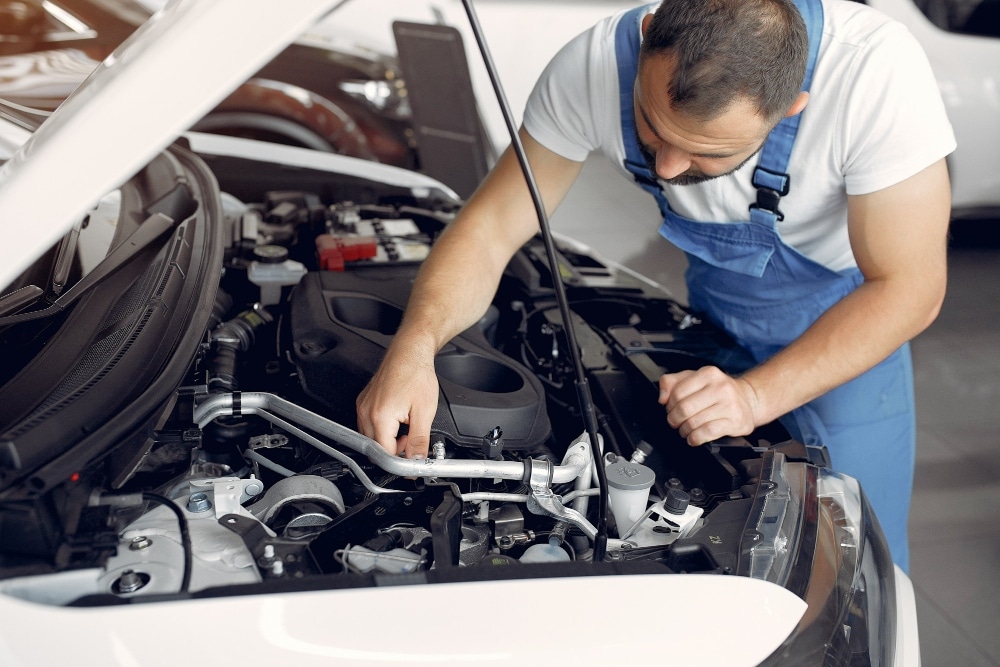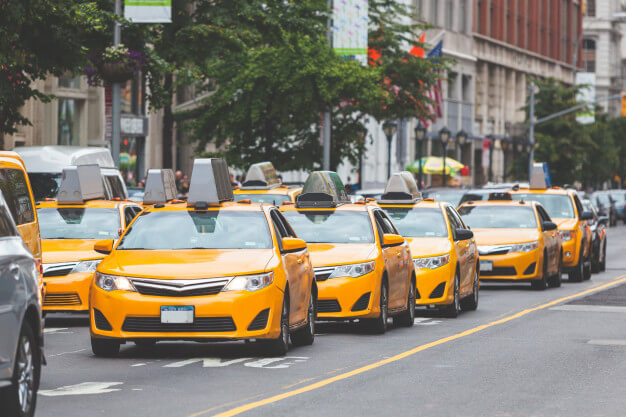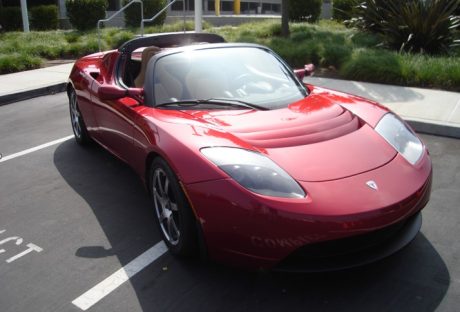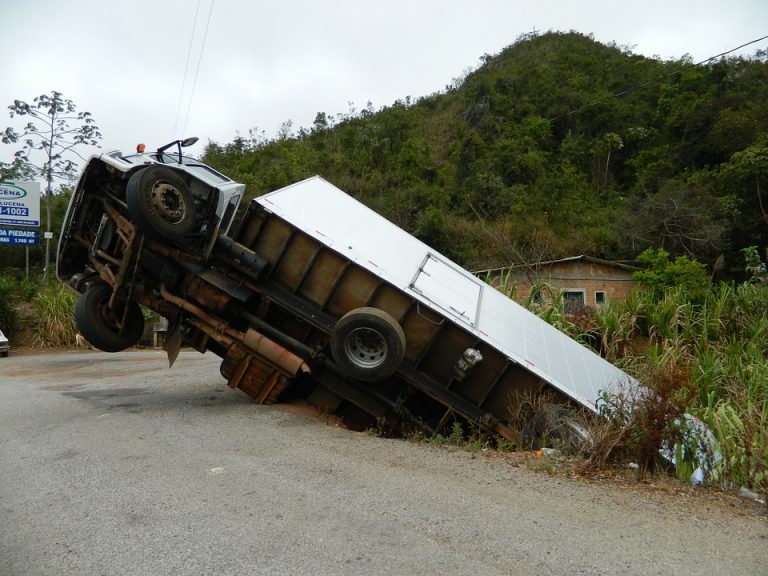Owning a car is like being the parent of a small child when it comes to maintenance. There may be something going on, but the child is not able to tell us.
Like babies, cars don’t speak English. We know toddlers can upchuck some pretty uncommon-looking stuff. Then, words are no longer necessary. And, your vehicle can cough up troubles from its insides, too.
Warning lights, sputtering, and sticky shifting may tell us there’s a problem.
And, there are other signs such as uneven tire wear. This may mean suspension problems, according to Mick’s Automotive experts.
Cars and SUV’s need more maintenance than ever. This is thanks to modern electronics and computers. So, a basic tune-up evolves with each new model.
But, the signs your car needs a tune-up does not require a software engineer. We learn with time what our kids, and our cars, need.
Learning to recognize symptoms that you need a mechanic is easier than most people think.
Here’s when it’s time to get a tune-up for your car:
It Doesn’t Want to Start :
On icy mornings, both you and your car can be slow to get going. But, if your car is doing the same on warm mornings or after warming up on a cold day, there is a problem.
It may need a few adjustments. Slow starts could signal a fuel line issue or a simple battery replacement.
Of course, on the other end of the spectrum may be a new starter.
But, none of these problems will go away. At some point, it won’t start at all. And, you will likely kick yourself (as you are stranded) if a simple tune-up is an answer.
It Stalls Out at Stops :
Stalls are not only annoying but can be dangerous. Pooping out in the middle of an intersection is never good. You’re a sitting duck. You’ll be lucky if anyone will stop to push you to safety.
Merging into moving traffic, then stalling, can leave you vulnerable, too. Loss of power is a sign your car is not getting adequate fuel or oxygen. Or both.
One of the most obvious signs of needing a tune-up on your car is when it stops too often. Powerlessness could signal it needs a new air filter, fuel line cleaning, or spark plugs.
If your car loses power for too long, you’ll pay a hefty price. Not just for repairs, but your fuel efficiency is tanking, also.
In this case, a thorough tune-up starts paying you back right away.
There’s a High-Pitched Squeal From Under the Hood :
Both annoying and embarrassing, the piercing noise may have a few causes. When you get a tune-up, the mechanic will check belts, hoses, and fluids.
If your last checks were a while back, your car is going to continue to screech at you until you bring it in.
The culprit may be low steering fluid or a belt that is past its end date. If the noise is present as you drive, it may be a tire needing balancing. All these are easy fixes.
A more complicated problem may be the CV joint objecting as it wears out. Either way, there’s no louder sign of when to get a tune-up for your car.
Gas Mileage Has Gone Way Down :
Frequent fill-ups may not be the clearest sign your car needs help. But, if your mileage has gone way below average, there is something wrong.
If you have a teenager at home, check for late-night joy rides. If not, then have a mechanic do a routine tune-up and check for more severe problems.
Keep in mind that a stuck brake pad may be the issue. Or, low tire pressure. If the abnormal mileage is a sudden occurrence, it is likely something simple.
It Hesitates When Passing Other Cars :
No acceleration when you need it can be yet another dangerous problem. If you attempt to pass and your car can’t, other drivers get angry, too.
You will get more than a hard stare in some cases.
And, there may be a few different reasons. If it is an issue of power, then your car is telling you something is missing. It is likely a lack of fuel, oxygen, or electrical energy.
With regular tune-ups, this should not happen. The other issue may well be the transmission. If you find your car does not have a smooth shift or hesitates before going into high gear, something’s wrong.
As your car’s engine needs a regular check, so do transmissions. There are components like fluid, screens, and filters.
Any of these may need attention. The longer you wait, the more parts (and cash) you may need.
Read the Owner’s Manual for Signs Your Car Needs a Tune-Up :
If you don’t have your owner’s manual, get one. This book is the best guide for telling what parts need upgrades and when.
Newer models do not need a tune-up until they reach 100,000 miles. Older models need one more often.
And, for significant work to keep a transmission at its best, the manual offers a timeline.
We all know people whose car has a couple of hundred thousand miles on it, and it runs like a top.
Chances are their maintenance records, and owner’s manual is as clean as their engine.
Looking For More Information?
We have great stuff on everything from signs your car needs a tune-up to health and fitness.
Check out our blog for more information that makes your life easier.
Have an idea or input on a blog? Contact us here. We love hearing from our readers!
Read Also :






















